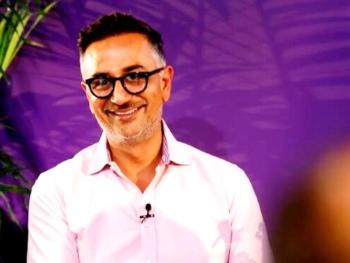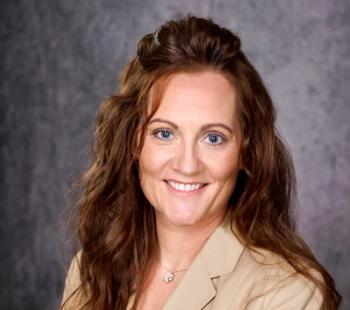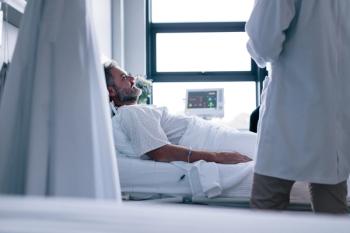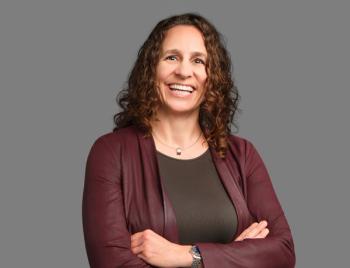
George Van Antwerp on Understanding the Right Data to Address Health Disparities
Using and analyzing data for some subpopulations is still in the early stages and there remain a lot of questions around what is the right data to collect, said George Van Antwerp, MBA, managing director, Deloitte Consulting.
Using and analyzing data for some subpopulations is still in the early stages and there remain a lot of questions around what is the right data to collect, said George Van Antwerp, MBA, managing director, Deloitte Consulting.
Transcript
I would say we're still at a point where we're trying to figure out what is the good and bad data. And it may vary dramatically. In some cases, we could think about something like oncology where nutrition is important for somebody diagnosed with cancer, somebody going through chemotherapy. So, thinking about, there's about 37 million people in the U.S. that suffer from food insecurity, so how do we think about food access? And how do we get that food access information? Is that looking at food stamp data? Is it looking at income data? Is it looking at credit card data? If they have a credit card. Which of those are fair?
And I think also understanding behavioral patterns that may vary by a certain ethnicity or others. I did a paper a few years ago on different Hispanic subpopulations and how they use, you know, the healthcare system in the U.S., but really understanding that they're not all the same, and as we get into some of these populations, thinking about what the type of care they're looking for is? Who they trust or don't trust?
I think one of the things you've seen a few pilots out there over the years is using barbershops to be an effective way to interact in certain populations. And so being able to do things around behavioral health, in the barbershops. We did something years ago around colonoscopy screening in the barbershops. I've seen others do things around adherence.
So, figuring out what the right approach is to engage a specific subpopulation, and then what data to, your point, can be used to get that, because it might have to be proxy data. You may not be able to get direct data at scale to be able to make those decisions.





























